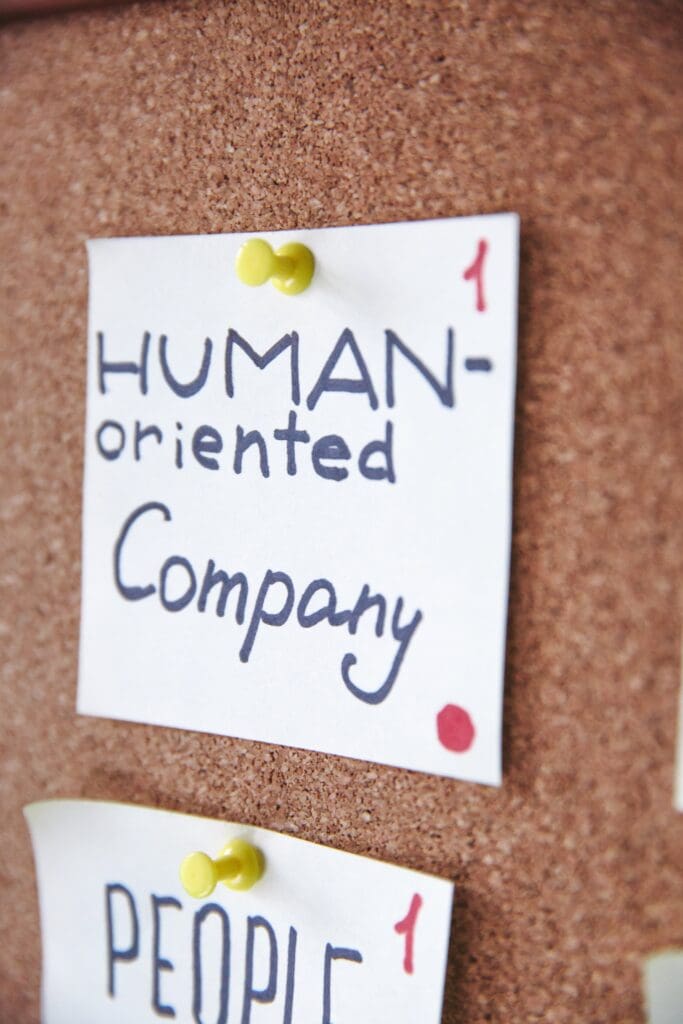Strategic philanthropy is not just a way to give back to the community – it can also play a pivotal role in enhancing your Solo 401k plan and overall financial strategy. This approach to charitable giving ensures that your contributions are not only meaningful but also aligned with your financial and retirement objectives.
This article explores the various ways you can incorporate philanthropy into your Solo 401k plan, maximizing both societal impact and personal financial benefits.
Understanding Strategic Philanthropy
By integrating philanthropy into your comprehensive financial plan, strategic philanthropy transcends traditional charitable giving. Unlike impulsive or ad-hoc donations, strategic philanthropy involves a deliberate approach to charity, where your contributions are aligned with broader financial and personal goals.
This giving method generates societal benefits and enhances personal financial planning by creating structured, impactful, and often more satisfying giving patterns.
Benefits for Solo 401k Holders
For Solo 401k holders, integrating strategic philanthropy into retirement planning offers several advantages. Firstly, it allows you to align your charitable aspirations with your retirement goals, ensuring that your giving reflects your values without compromising your financial security.
Strategic philanthropy can also diversify your retirement portfolio, potentially offering tax benefits and, in some cases, opening up investment opportunities in social ventures or philanthropic funds that align with your interests.
Tax Implications of Charitable Giving in Solo 401k

Tax Deduction Opportunities
Charitable contributions can provide significant tax advantages, especially for those with Solo 401k plans. Donations made from a Solo 401k account may qualify for tax deductions, reducing your taxable income. This aspect is crucial for high-income earners who seek ways to lower their tax bracket. Strategic charitable giving, therefore, serves as a dual-purpose tool: fulfilling philanthropic goals while efficiently managing tax liabilities.
Navigating Tax Regulations
When considering charitable contributions from a Solo 401k, it’s vital to understand the IRS rules to avoid unintended tax consequences. The IRS has specific guidelines on the types of charities eligible for tax deductions and the limits on how much can be deducted.
Additionally, if you’re considering a qualified charitable distribution (QCD), it’s essential to know that such distributions can satisfy the required minimum distribution (RMD) from your Solo 401k, providing a tax-efficient way to both meet RMD requirements and support charitable causes.
Types of Charitable Contributions
Direct Donations
Direct donations are the simplest form of philanthropy, where you donate cash, securities, or other assets directly to a charitable organization. For Solo 401k holders, direct donations offer a straightforward way to contribute to causes they care about. However, it’s important to ensure that the charity is IRS-recognized to qualify for tax deductions and to maintain meticulous records of all donations for tax purposes.
Donor-Advised Funds
Donor-advised funds (DAFs) offer an alternative to direct donations, providing greater flexibility and control over charitable contributions. When you contribute to a DAF, you cede legal control of the assets to the fund but retain advisory privileges on how the funds are distributed to charities.
For Solo 401k holders, DAFs not only provide immediate tax benefits but also allow for strategic, long-term philanthropic planning. This structure is particularly beneficial for those who wish to make substantial contributions in a tax-efficient manner while maintaining the ability to support multiple charities over time.
Aligning Philanthropy with Retirement Goals
Long-term Planning
Integrating philanthropy into your retirement strategy requires a holistic approach. By considering charitable giving as part of your long-term plan, you can ensure that your philanthropic activities align with your retirement goals.
This integration involves assessing how much you can afford to give without compromising your financial security during retirement. It also includes exploring tax-efficient ways to make donations that can positively impact your overall financial health in the long run.
Balancing Philanthropy and Retirement Savings
Finding the right equilibrium between philanthropy and retirement savings is crucial. This balance involves determining how much you need to save to ensure a comfortable retirement while also fulfilling your desire to give back.
It’s important to remember that generous giving shouldn’t jeopardize your financial stability in later years. Proper financial planning and consulting with a financial advisor can help identify the right amount to contribute to both causes, ensuring a secure retirement and a legacy of meaningful giving.
Philanthropic Investments within Solo 401k

Investing in Charitable Causes
Your Solo 401k plan can be a powerful vehicle for investing in charitable causes. This can be achieved through various means, such as investing in socially responsible mutual funds or ETFs that focus on ethical practices or directly investing in non-profit organizations or social enterprises.
By doing so, you’re not only contributing to a cause you care about but also potentially earning returns on these investments, which can be reinvested or further donated.
Impact Investing
Impact investing within your Solo 401k plan involves choosing investments that yield financial returns while also creating a positive social or environmental impact. This approach combines the traditional objective of generating income for retirement with the desire to contribute to societal improvement. By carefully selecting impact investments, you can ensure that your retirement funds are working towards both your financial goals and your philanthropic values.
Making the Most of Your Charitable Contributions
To maximize the impact of your charitable contributions, consider strategic approaches such as lump-sum donations, which can have a significant immediate impact, or recurring donations, which provide steady support to organizations.
Additionally, research and select charities that align with your values and have a proven track record of effective use of funds. Leveraging matching gift programs, if available, can also amplify your contributions.
Engaging with Charities
Building relationships with the charities you support can lead to more impactful giving. Engaging with these organizations helps you understand their needs better and how your contributions can make the most difference. It also provides an opportunity for deeper involvement, such as volunteering or serving on boards, further enhancing the personal satisfaction and impact of your philanthropic efforts.
Legal Considerations and Compliance
When incorporating charitable giving into your Solo 401k plan, it’s crucial to stay informed about the legal boundaries and comply with pertinent laws and regulations. This includes understanding the IRS rules regarding charitable contributions from retirement accounts.
Ensure that your giving strategies do not conflict with Solo 401k rules, especially those pertaining to prohibited transactions and self-dealing, to maintain the tax-advantaged status of your retirement plan.
Avoiding Pitfalls
Philanthropic giving through a Solo 401k can be complex, and there are common mistakes you should be aware of to avoid potential legal issues. These include exceeding contribution limits, failing to document donations properly, and inadvertently engaging in prohibited transactions. It’s advisable to consult with a legal or financial expert specializing in retirement plans and charitable giving to navigate these complexities effectively.
Wrap Up

Incorporating strategic philanthropy into your Solo 401k plan offers a unique opportunity to create a positive societal impact while enhancing your financial and retirement strategy. By understanding the various ways to approach charitable giving, you can make informed decisions that align with your personal values and financial goals.
Frequently Asked Questions
How does charitable giving affect my Solo 401k tax situation?
Charitable giving can lead to potential tax benefits for your Solo 401k, such as deductions for charitable contributions. However, it’s essential to understand the specific tax implications based on your individual situation and the type of contributions made.
Can I direct my Solo 401k investments toward charitable causes?
Yes, you can direct your Solo 401k investments toward charitable causes, for example, by investing in socially responsible funds or impact investments. However, ensure these investments comply with Solo 401k rules and investment guidelines.
What are the limits on charitable contributions from a Solo 401k?
The limits on charitable contributions from a Solo 401k depend on various factors, including the type of contribution and your retirement plan’s specific rules. Consult with a financial advisor to understand these limits in the context of your plan.
How can I balance charitable giving with my retirement savings goals?
Balancing charitable giving with retirement savings involves careful planning to ensure that your philanthropic activities do not compromise your future financial security. Consider factors like your retirement timeline, income needs, and the tax implications of your donations.
Are there specific charities or causes that align better with Solo 401k plans?
There are no specific charities or causes that inherently align better with Solo 401k plans. The choice depends on your personal values and interests. However, it’s crucial to ensure that the organizations you support are legitimate and align with your retirement plan’s investment policies.





